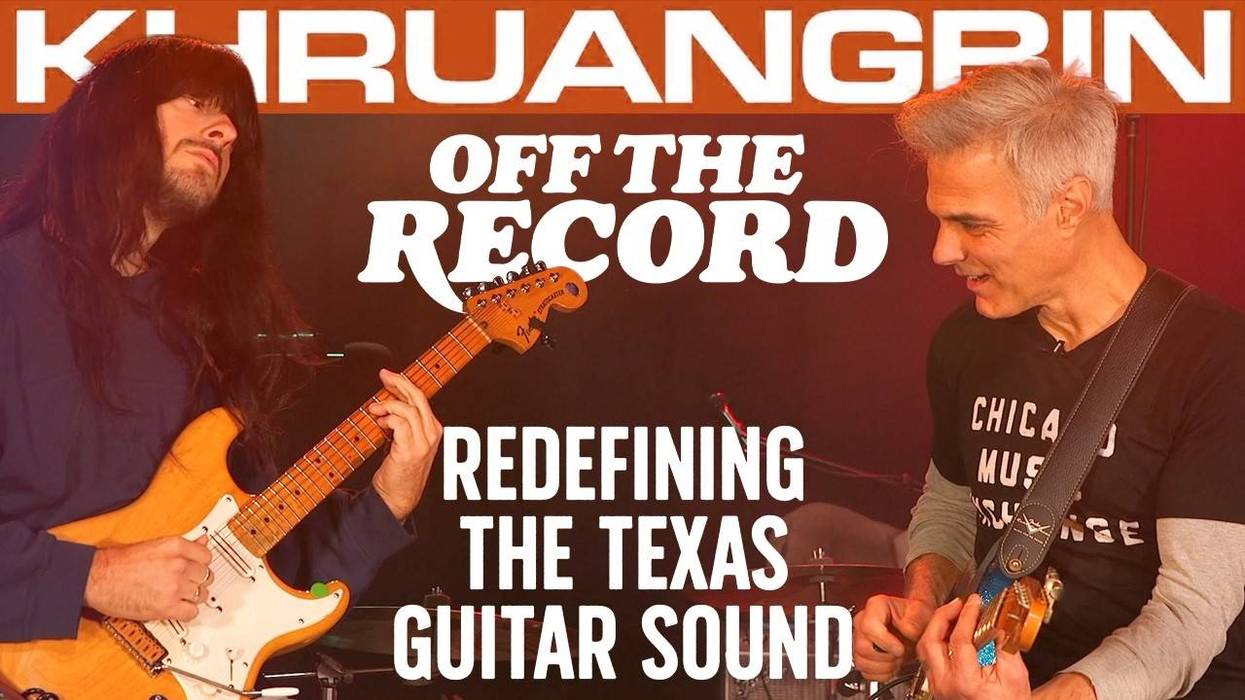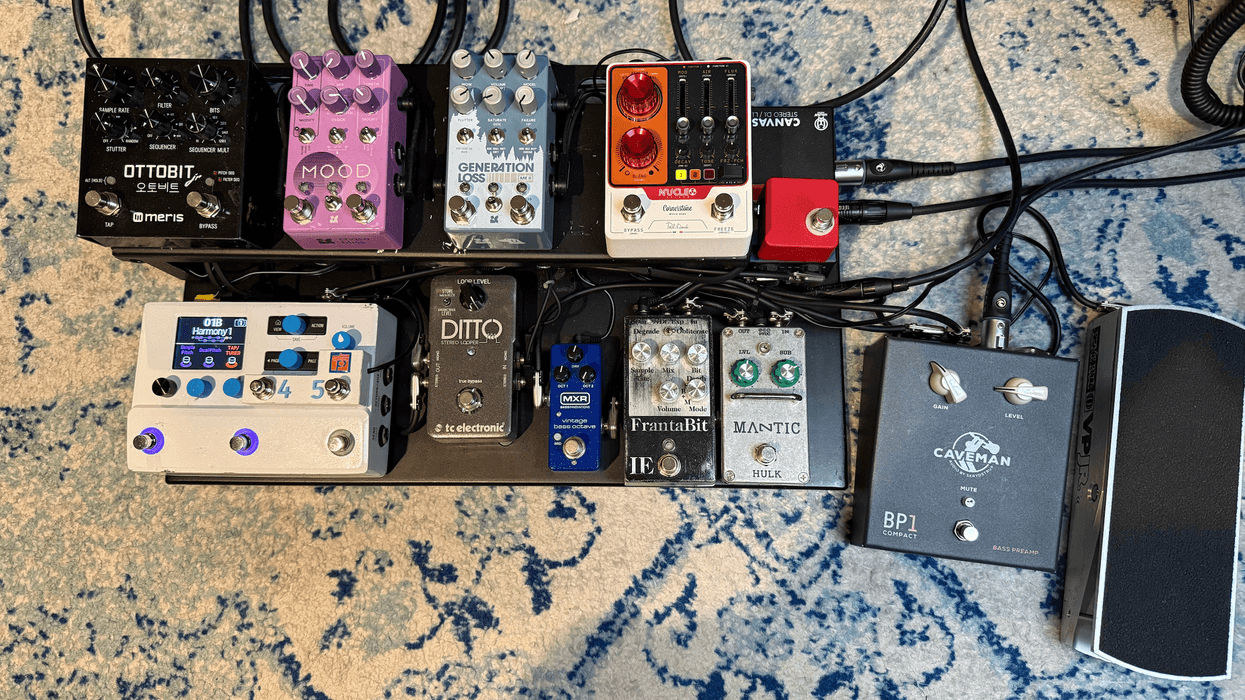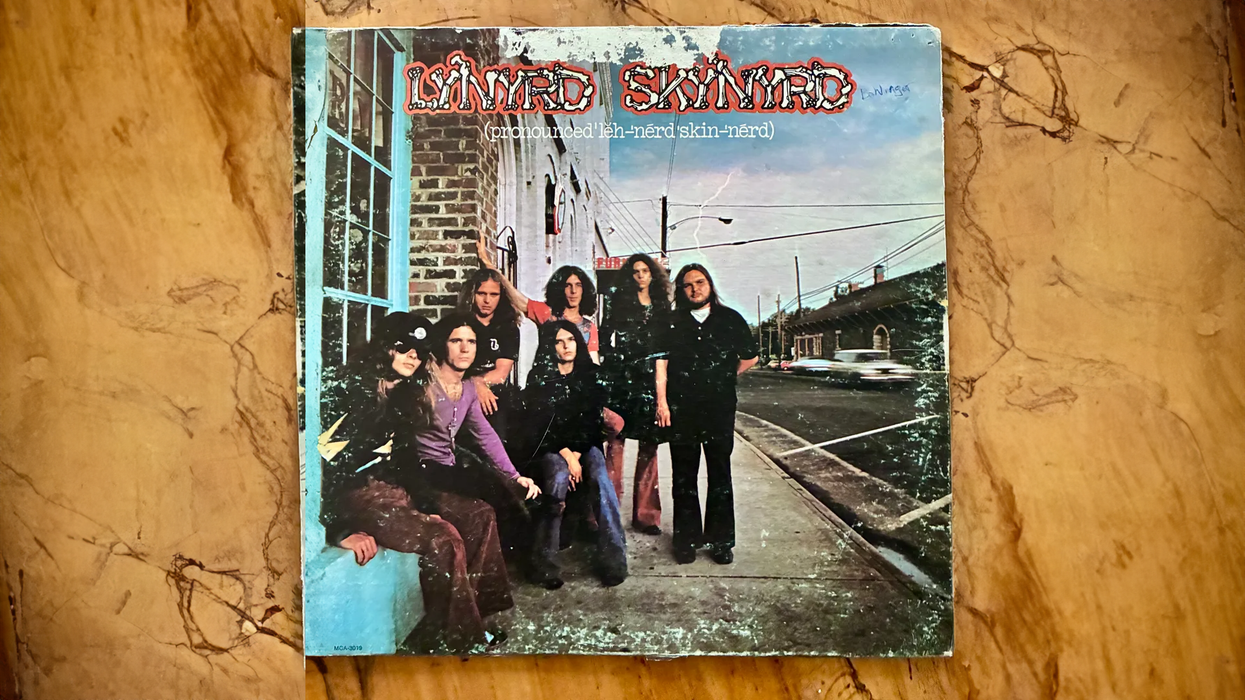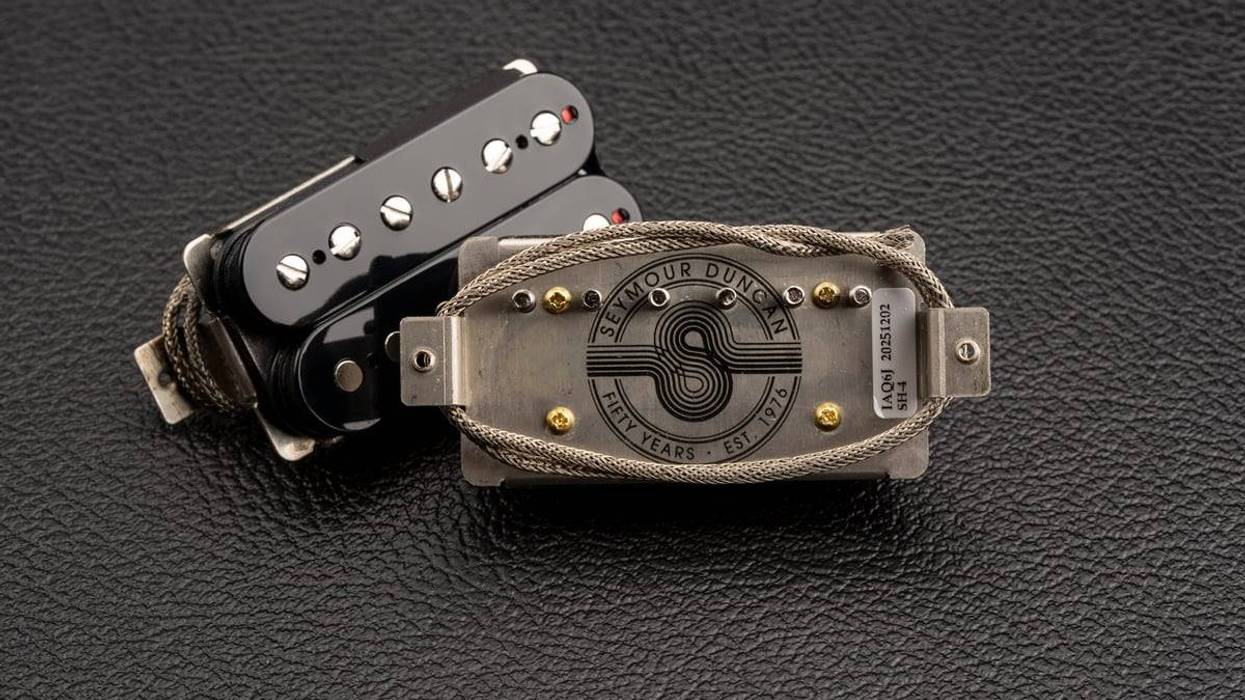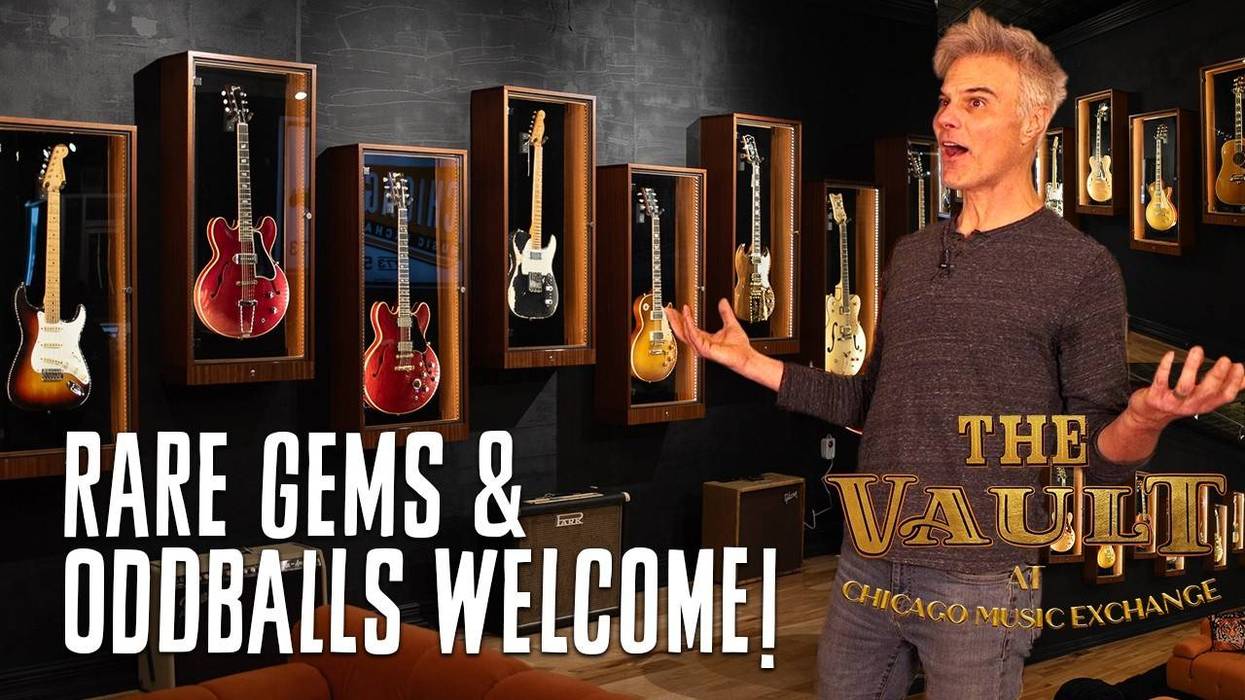A few years back I found myself in quite a Twilight Zone-ish situation with an influential American figure in the guitar-gear industry. A colleague and I were abroad, covering the Musikmesse convention in Frankfurt, Germany, and one evening we were invited to dinner with this gear figure, as well as some of his employees and a few European distributors and dealers.
We met at our host's hotel, and the Serling-esque-ness of it all started pretty much immediately. Firm, impersonal handshakes were exchanged. Bawdy, seemingly random exclamations about something or other in guitardom were made—perhaps part of an in-progress discussion we'd missed. As quickly as the, er, “pleasantries" had begun, we were ignored for a bit as the group puttered around, waiting for so-and-so to arrive. Meanwhile, the previous conversation, likely begun in the bar, flitted about like a buzzed butterfly.
Eventually our party of about 15 made its way outside and split up to ride in two old-fashioned, fancy black cabs, each with a pair of bench seats facing each other in back. I ended up in the middle, rear-facing seat of our taxi, the leader of the other party directly across from me. Suddenly things felt a bit Godfather-like. And that was before the man across from me launched into a self-assured dialectic on how guitarists the world over are playing their axes all wrong. The plague of supposedly crap music sweeping the Earth (something orthodoxers invariably cite, regardless of time and place) was/is to blame, along with YouTube and the failure to take “proper" lessons.
From the outset, vehement denials coursed through my brain, but I listened until Part 1 of the spiel had concluded, at which point the fact that I hadn't chimed in with hearty agreement seemed to genuinely catch him off guard. Perplexity, followed immediately by exasperation, annoyance, and thinly veiled fury flitted across his face as I stated my opinion that most musicians who've made a mark in history defied convention and blazed their own trail, often doing things “wrong" according to the establishment.
As the cab wound through darkening Frankfurt avenues, my philosophical objection—what I've long taken to be a rather obvious and infallible rock 'n' roll tenet—was unceremoniously dismissed and the dialectic transitioned to an equally passionate proposal that Premier Guitar and the gear-industry figure form an alliance to battle the epidemic.
At this point, the cabs pulled up outside our destination, an upscale but homey Italian restaurant, where our party huddled, elbow to elbow, around two tables pulled together in a private dining area. Which felt even more Godfather-y. And that was before we'd settled in and jaws had become further loosened by alcohol and full bellies. All around me, men who seemed completely disinclined to disagree with the diatribe enthusiastically assented to the sheer genius of the plan to secure venues in large cities across the United States and sell tickets to the legions of 6-string dunces who would apparently pay good money to be condescended to about how to form musical phrases that will be pleasing to the ear, the most logical chord progressions and their attendant scales, the correct way to implement vibrato, and whole lot of other claptrap.
It was like the concept of subjectivity had been nullified, and musical worth had been ascribed to formulas as strict as, say, one luthier's staunch opinion on how to achieve the most lustrous finish. Nothing was framed as, “In my opinion…" or “This is what I prefer…." The conversation was crammed with absolutes. It was as if art had been confused with science—no, religion or politics. For only in fanaticism or extreme egotism does one arrive at such closed-mindedness.
This is guitars we're talking about, for crying out loud. Telling anyone that the way they're playing is wrong—unless they've complained about chronic pain and you can clearly see something in their execution that might be the culprit—is like some pedantic asshole of yore telling Dizzy Gillespie he shouldn't let his cheeks balloon out when he plays, Hendrix he can't flip his guitar over, Billie Holiday that she mustn't let her voice sound gritty, or Thurston Moore that those aren't legitimate tunings—and, hey, get those goddamn drumsticks away from your guitar!
Let's extend this beyond music. Can you imagine if Leonardo da Vinci or Hieronymus Bosch or Paul Cézanne or Franz Kafka or Mary Shelley or Virginia Woolf or Georgia O'Keeffe or Frida Kahlo or countless others who shaped what we know and love today had given a shit about the status quo? And don't get me started on tradition-flouting philosophers and scientists.
So remember, you may not like what a guitarist or musician (or artist, writer, sculptor, filmmaker, actor, etc.) does, but no matter how vehemently you feel about it, the simple fact is, they are not “doing it wrong." They are exploring the infinite bounds of creation—one of life's greatest wonders and most excruciatingly rewarding pursuits. Instead of excoriating them and deigning to correct their ways, why not just take what you can—positive or negative—from what you've observed, and be on your merry way in the manner that suits you?




